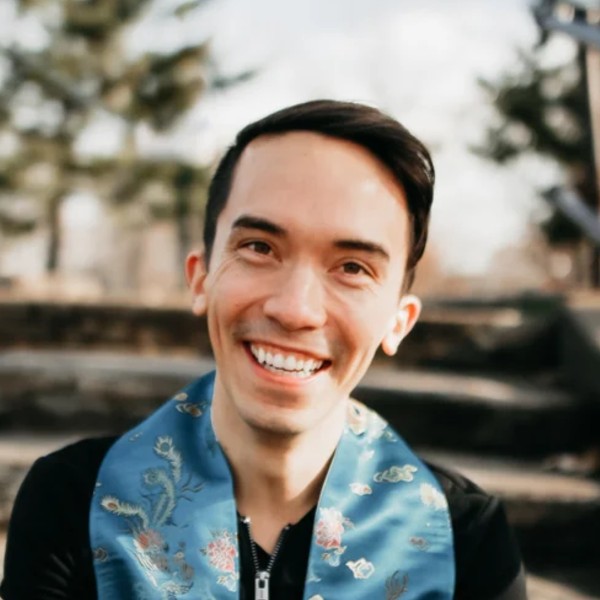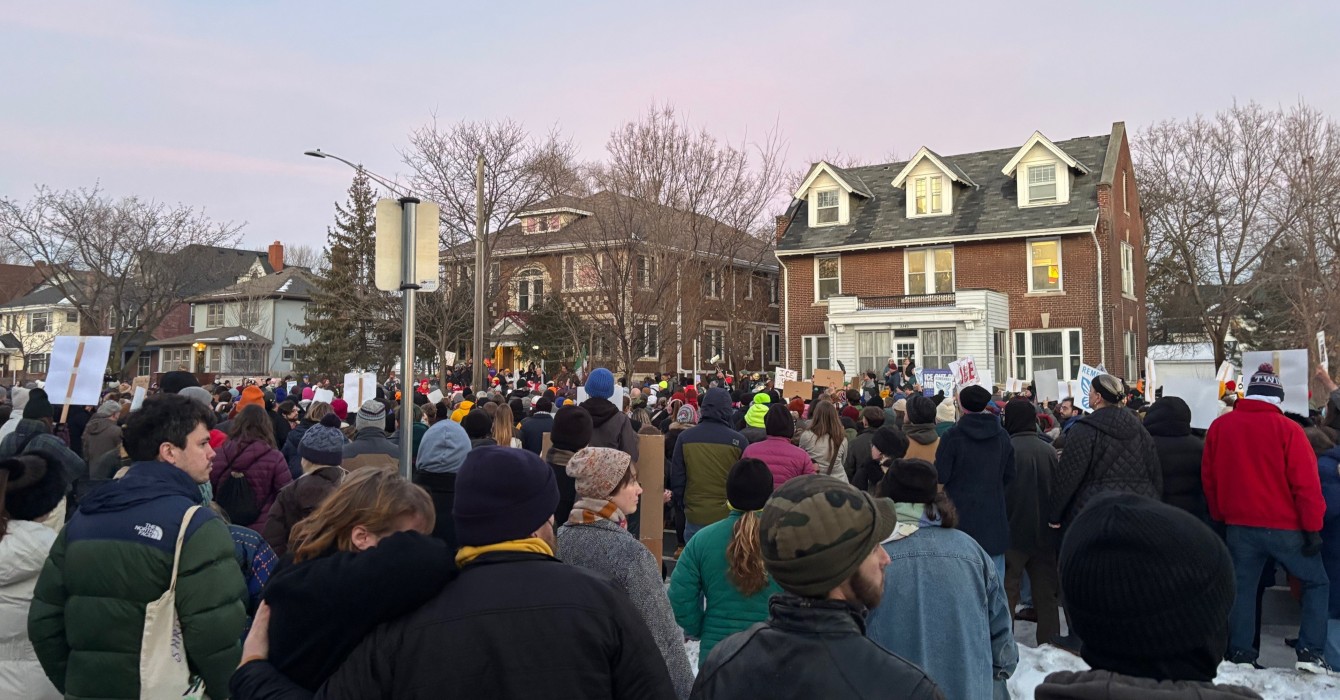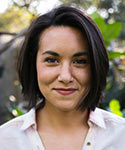 Clergy have a unique role and responsibility in the effort to combat sexual and domestic violence, but too often they don’t embrace it, says the Rev. Dr. Marie Fortune, an ordained United Church of Christ pastor and founder of FaithTrust Institute.
Clergy have a unique role and responsibility in the effort to combat sexual and domestic violence, but too often they don’t embrace it, says the Rev. Dr. Marie Fortune, an ordained United Church of Christ pastor and founder of FaithTrust Institute.
FaithTrust Institute, founded in 1977, is a national, multifaith organization with global reach that works to end sexual and domestic violence. FaithTrust offers education and training in areas including clergy ethics, pastoral care of sexual assault victims, preventing child abuse, promoting healthy relationships, and combating global sexual trafficking and exploitation.
In an interview with Faith & Leadership, Fortune talks about her organization, her own call to ministry and the challenges of running a nonprofit organization for more than three decades.
Q: If you could gather all of the Christian institutional leaders in a room, what would you tell them about domestic and sexual violence?
Wake up and smell the coffee. Your people are hurting. And you have a job that is part of the response. God is trying to get your attention.
There are still some church leaders who say, “But no one ever comes to me with this problem.” Which I’m sure is true for them. But their conclusion from that experience is that their flock doesn’t have sexual and domestic violence to deal with.
What troubles me at this point in history and with media coverage every week of domestic violence homicides and suicides, they are not asking themselves: “Why aren’t my people coming to me with this?” At least one in three members of their congregations has been personally touched by sexual or domestic violence. That’s a conservative estimate.
Q: How can leaders of an organization respond to uncomfortable, threatening or unpleasant issues facing the organization such as sexual assault, domestic violence or clergy abuse?
We are trying to get them to see that they have two choices of agendas: the institutional-protection agenda or the justice-making agenda.
I really believe two things: One is, in terms of leadership, that too often we revert to a fear response and completely abandon anything that we know about the faith.
I also think that in our faith communities we don’t really trust that God is going to take us through this. And that God will give us the resources.
So when I read policies -- we review many clergy ethics policies for denominations -- it’s so clear in the first two pages where these people are. There is usually no theology, or, if there is, it is kind of tacked on at the end of the process. It’s all about being afraid of the victims and, “How we’re going to protect ourselves from these people.”
Why are you so afraid of these members of your church? These are part of the body. But then you treat them the way you treat them because you’re afraid of them. But you never go to Scripture, go to theology, go to prayer to find the guidance that we need to respond to the complexity of the issue.
Q: On the FaithTrust Institute website it says that you got into this work after experiencing an “unorthodox and unclear call to ministry: to serve within the church by addressing women's experiences of racism and sexism.” What advice would you give to someone experiencing such an unorthodox or unclear call?
Think about some other profession! (Laughs.) Well, I had no other skill. God said, “This is all I’m giving you so if you don’t do something with it, you are going to go hungry.”
What was unorthodox is that there were not bright lights or loud noises. I didn’t really feel that sense of call until after I had finished seminary. It wasn’t the parish; it never has been the parish. My question was: Where are women, what are women’s experiences? A lot of women are in the church, and violence is a common concern and crosses age, race, class…and is anybody talking about this? No. So I decided to talk about it.
Then I was ordained without “a call.” I didn’t have a job because there weren’t any jobs to have. But I did have a sense of the work that I wanted to do. I knew that I needed to be ordained because I needed the credentials in order to raise money and to start to be visible in church structures. This was the excellent advice of my mentors.
So now I get to do what I care about and get paid for it and sleep at night and meet the most wonderful people in the world. So what’s not to like about it? That is part of what is sustaining for me.
Q: Were there times when you felt like you were hitting a brick wall and couldn’t do the work anymore?
I think it’s mostly been around the periodic funding crises. But I’ve just always had a sense that, if we need to continue this, there is going to be some resource that lets us do that. We just need to be smart. Not that it hasn’t taken a whole lot of work to sustain any nonprofit for 30 years.
In terms of the work, I don’t think there has been a time when I’ve said that I don’t want to do this anymore.
There are certainly times when we feel like we are beating our heads against the wall with our religious institutions. I think one of the things that has helped me to get through it is knowing that if this isn’t working, some other door will open.
I’m also a firm believer in the fact that for all the stuff that comes our way -- possibilities, requests, interests -- we only have the resources to respond to about 25 percent of it. And that’s probably more painful for me than the brick walls. But I think that over time that’s the other thing that I’ve come to peace with because we get to do the 25 percent and do it well.






